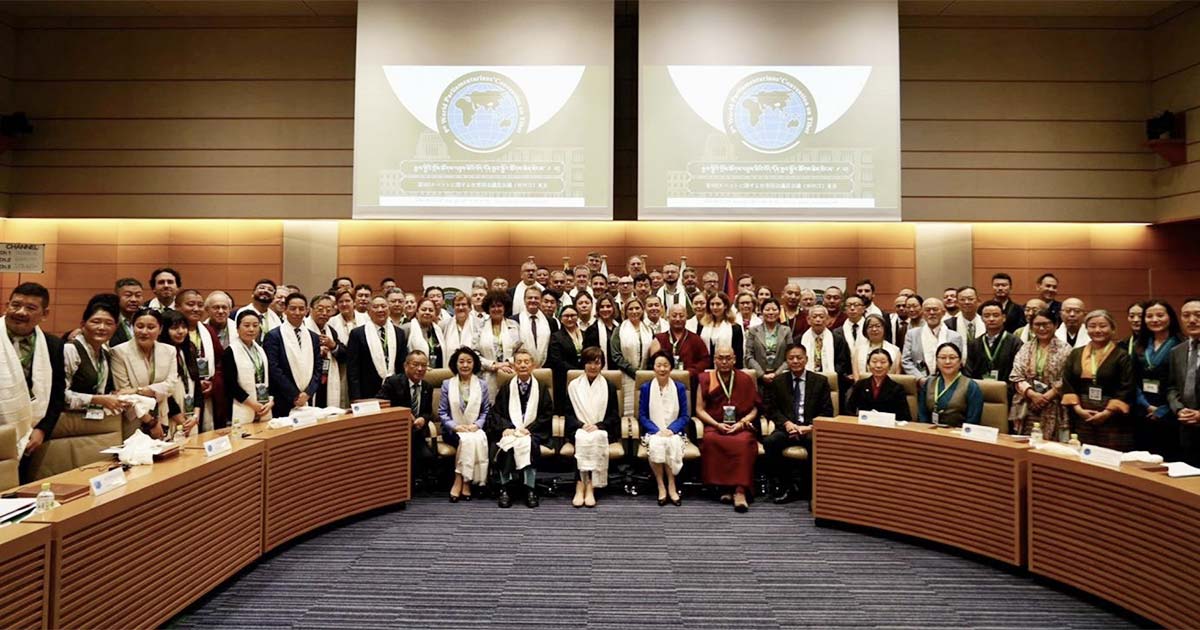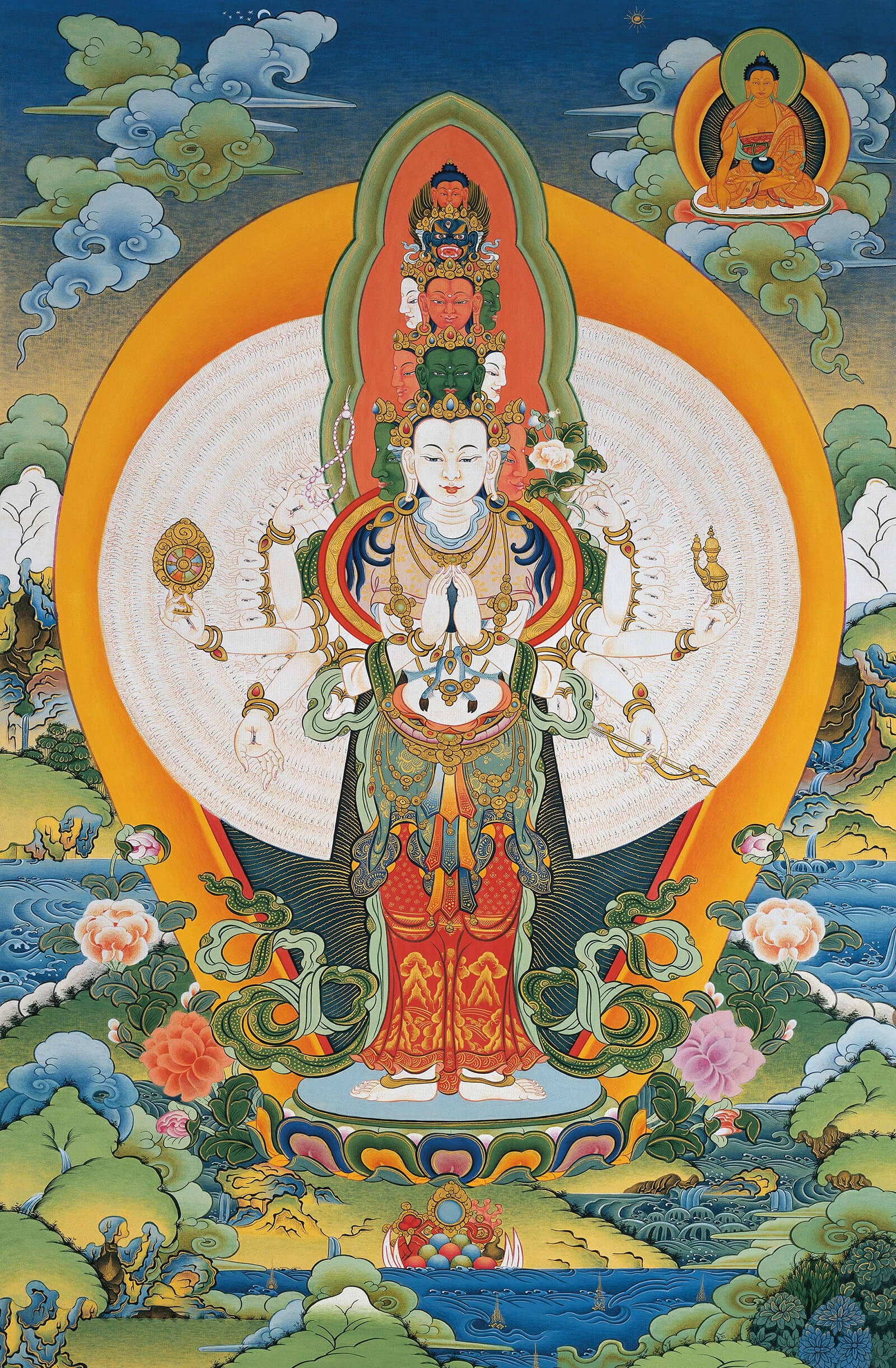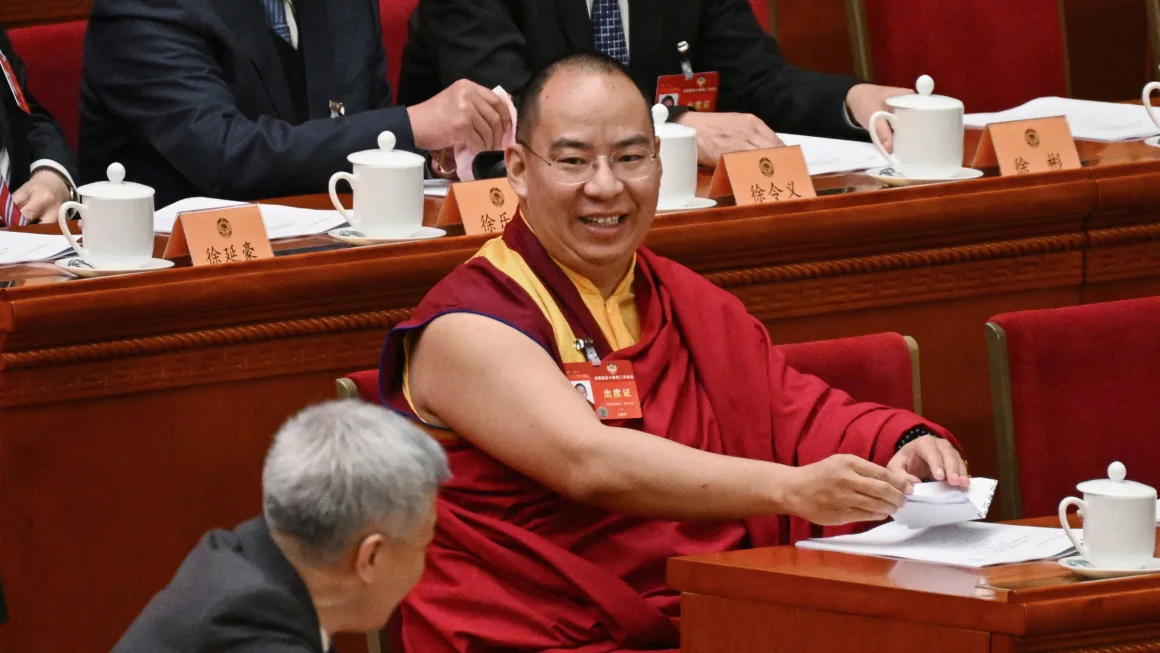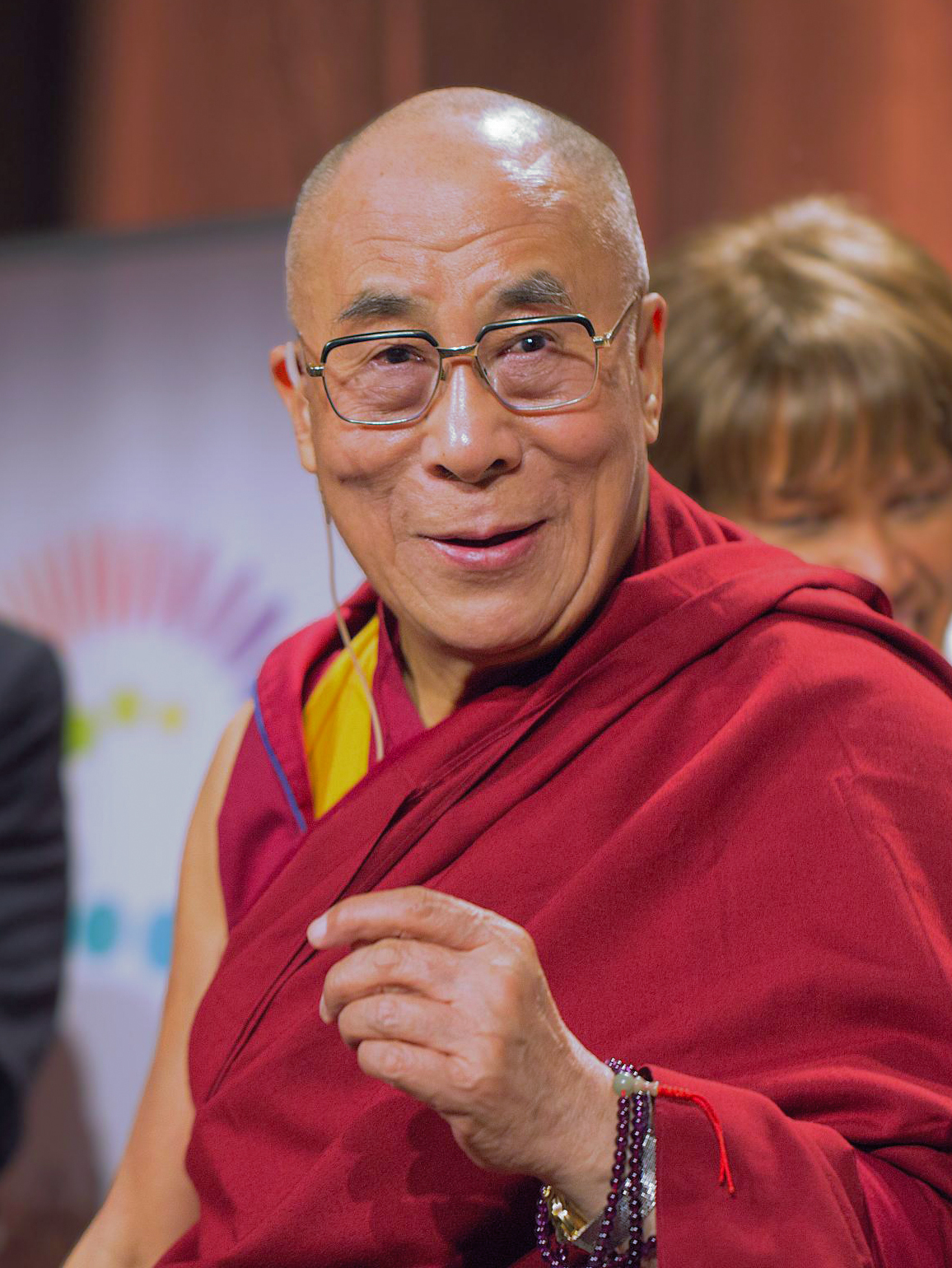Tokyo, Japan – The 9th World Parliamentarians’ Convention on Tibet (WPCT) concluded on June 4, 2025, in Tokyo, marking a powerful display of international solidarity for Tibet. The two-day event, held at the National Diet Building’s International Conference Hall, brought together 142 participants from 29 countries to coordinate legislative efforts, counter China’s growing influence, and support the Tibetan cause.
Organized by the Tibetan Parliament-in-Exile in partnership with the Japan Parliamentary Support Group for Tibet, the convention opened with a special message from His Holiness the 14th Dalai Lama, setting a tone of unity and moral clarity.
Attendees included top Tibetan leaders such as Sikyong Penpa Tsering, as well as prominent human rights activists representing Uyghur, Southern Mongolian, Hong Kong, Taiwanese, and Chinese democracy movements. Lawmakers and political leaders from countries including Japan, India, Canada, New Zealand, the Czech Republic, Slovakia, Switzerland, Chile, Scotland, Mexico, Hungary, and Australia participated in person or via video message. Notable contributions came from Speaker Emerita Nancy Pelosi, ICT Chairman Richard Gere, and U.S. Congressman Michael McCaul.
“This was an important opportunity to work with friends of Tibet from around the globe to find a way forward during this turbulent time,” said Tencho Gyatso, President of the International Campaign for Tibet (ICT). “I’m glad to see the Resolve Tibet Act is being adopted as a model for how like-minded countries can contribute to the cause of finding a peaceful resolution to China’s occupation of Tibet.”
Three Key Resolutions Adopted
During the convention, delegates unanimously passed three significant documents:
-
The Tokyo Declaration
-
The Tokyo Action Plan
-
The Resolution Celebrating the Legacy of His Holiness the 14th Dalai Lama on His 90th Birthday
The Tokyo Declaration welcomed recent pro-Tibet resolutions passed in legislative bodies around the world—including the U.S., Canada, the Czech Republic, the European Parliament, the Netherlands, and Australia—and urged parliamentarians to press for further legislative action to support Tibet’s rights and autonomy.
The Tokyo Action Plan called for national parliaments to adopt measures such as the U.S. Tibet Policy and Support Act, the Magnitsky Act, and the Tibetan Policy and Support Act. It also encouraged governments to institutionalize their support for the Central Tibetan Administration and advocated for Tibetan representation as an observer at the UN Human Rights Council.
The Resolution Celebrating the Legacy of His Holiness the 14th Dalai Lama on His 90th Birthday honors His Holiness for his lifelong dedication to the principles of the oneness of humanity, nonviolence, universal human rights, religious tolerance, environmental stewardship, and the advancement of democratic values. The resolution further reaffirms that the sole and legitimate authority over the identification and reincarnation of the 14th Dalai Lama rests exclusively with His Holiness himself and the Gaden Phodrang Trust, firmly rejecting any external interference in this spiritual matter.
A Unified Voice for Tibet
The 9th WPCT served not only as a platform for legislative coordination but also as a moral and political affirmation of Tibet’s enduring struggle for justice. As authoritarian pressures rise globally, the convention underscores the resolve of democratic nations and human rights defenders to stand with the Tibetan people in their pursuit of peace, dignity, and freedom.









